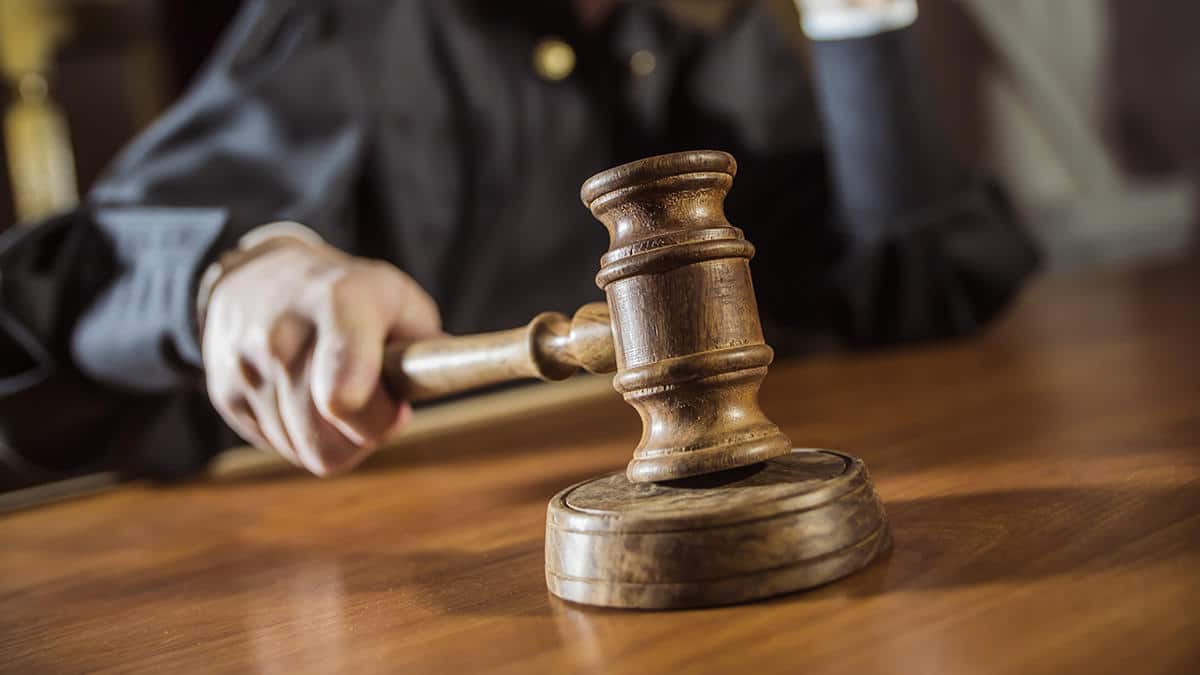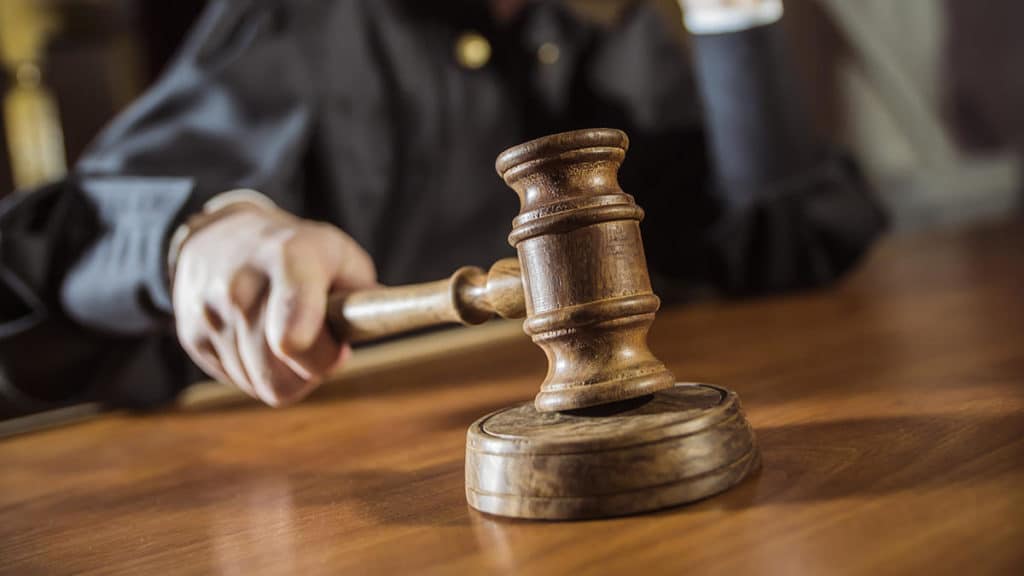How can a DWI Specialist challenge the Results of a Field Sobriety Test (FST)?
The Field Sobriety Test (FST) consists of three tasks that a police officer administers to a driver who is suspected of driving under the influence of alcohol.
These guidelines are issued by the National Highway Traffic Safety Administration (NHTSA).
According to defense attorneys in Houston, the tests include:
- HGN (Horizontal Gaze Nystagmus) – When a person is intoxicated, nystagmus is exaggerated. Nystagmus is the involuntary jerking of the eye as it gazes sideways. The officer asks the driver to follow a slow moving object from side to side and looks for signs of jerkiness or the inability to track the moving object.
- WAT (Walk and Turn) – A sober person typically has no difficulty following directions while performing simple physical tasks. The police officer directs a suspected drunk driver to take nine steps forward along a straight line walking heel to toe. Then he or she is instructed to turn around and repeat the process. A driver with impaired reflexes will typically use their arms to keep their balance, step off the line or take an incorrect number of steps.
- OLS (One Leg Stand) – The driver is ordered to stand on one foot while counting out loud until instructed to put the foot down. Officers look for drivers who are unable to maintain their balance.
Challenging the Field Sobriety Test
There are a number of ways an experienced DWI lawyer can counter field sobriety test results in court.
He or she can challenge the accuracy of the test itself, or question the way the tests were administered by the police officer.
There are also instances when a driver’s physical condition may affect the results of a field sobriety test even if the officer thinks he had conducted them properly.
For example, someone with an inner ear infection may temporarily have an impaired sense of balance.
It would be very easy for this person to fail the OLS portion of the test (which tests for balance) and be judged to be intoxicated.
Someone with a neurological impairment can easily fail the HGN test, while a person with a muscular disorder may not be able to walk heel to toe on a straight line and thus fail the WAT portion of the test.
Another factor affecting the WAT test is an uneven or gravel road surface or that the person took the test in high heels making balancing difficult.
Fight the unfair results of a DWI Field Sobriety Test Now
Trichter & LeGrand is one of the most experienced DWI attorneys in Houston.
Contact us as soon as you can if you are facing a DUI charge.
Our expertise in this field is your best guarantee of fair representation and a just hearing.
As a noted Houston criminal law firm practicing DUI cases, we can help you fight an unfounded or erroneous DWI charge by challenging the results of your FST.
TELL US ABOUT YOUR CASE
Form Submissions have a fast response time. Request your free consultation to discuss your case with one of our attorneys over the phone. The use of this form does not establish an attorney-client relationship.
The information on this website is for general information purposes only. Nothing on this site should be taken as legal advice for any individual case or situation. This information is not intended to create, and receipt or viewing does not constitute, an attorney-client relationship.









